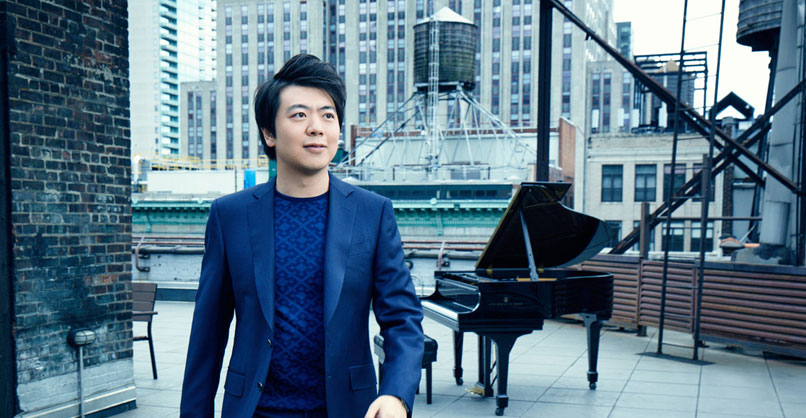- Venue's Capacity: 2100
The history of Munich's actual theatre truly only begins at the end of the eighteenth century. Indeed, after over a century of infatuation for Italian opera, which was manifest in the construction of the Théâtre de la Cour (now called the Théâtre Cuvilliês, still active), local inhabitants began to feel the need for a German lyrical art. German repertoire, as Mozart appealed for, active in Munich especially during the premiere of his IDOMENEO, but also, a German theatre, since the Theatre de la Cour was limited to Italian art. The Napoleonic wars and King Maximilien I's sudden passion for the Odéon Theatre in Paris postponed this project.
The public thus waited until 1818 to discover its « National Theatre, » a subtle and luxurious synthesis of various styles: loggias in the Italian tradition cohabited with innovations from the French school of architecture. One of the noveltieswas a reservoir of water destined to be used in case of fire, but which nevertheless did not save the buildîng from flames in January 1823 ; the water was frozen! The Opera was reconstructed, financed by a special tax on beer: perhaps an original means but one yielding a particularly high return! After these rather tumultuous beginnings, the National Theatre reopened in 1825 and became the hotbed of German lyrical art. Four of Wagner's operas were premiered there between 1365 and 1870 (TRISTAN UND ISOLDE, Da MEISTERSINGER, DAS RHEINGOLD, and DIE WALKÜRE).
Wagner, of course, but also Mozart and Richard Strauss soon became the pillars of the Theatre's repertoire during the first half of the twentieth century, thanks to the talent of conductors such as Bruno Walter, Hans Knappertsbusch, and... Richard Strauss, himself a native of Munich. Strauss saw two of his operas premiered in his home town: FRIEDENSTAG (Peace Day, 1938!), and CAPRICCIO (1942). The libretto of the latter was elaborated with the help of the conductor Clemens Krauss, who was then Director of the Opera. The fact that the building was destroyed during the war did not prevent the company's tradition from being perpetuated.
Between 1952 and 1967, the institution was directed by Rudolf Hartmann, a former assistant to Richard Strauss and Clemens Krauss. The former 1818 edifice was reconstructed in 1963, after much hesitation as to whether or not to erect a modern hall. The long reign (1971-1992) of conductor Wolfgang Sawallisch, a distinguished representative of the tradition composed of rigour and commitment, is an example of the perserverance with which the Bayerische Staatsoper comes to terms with the legacy of its brilliant past.







_sGjxm.jpg)



